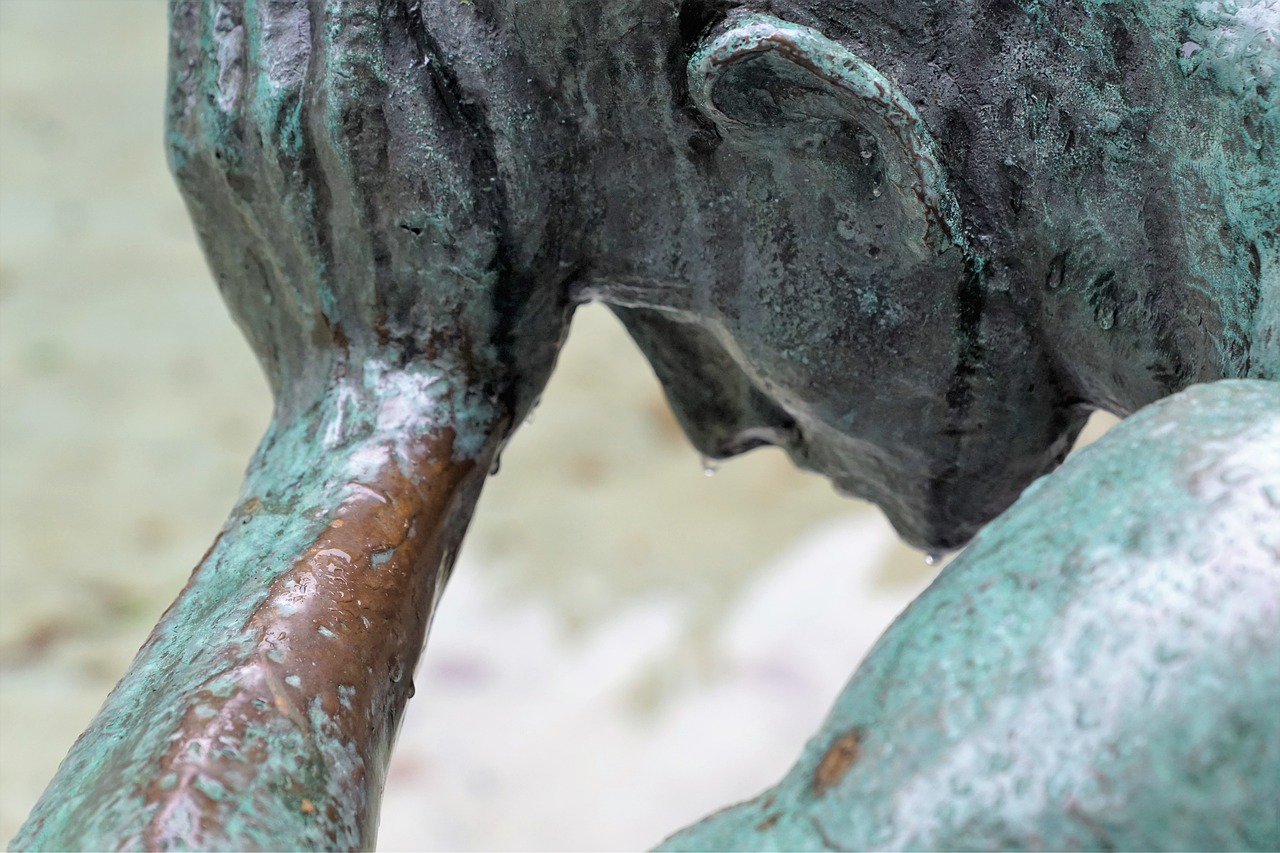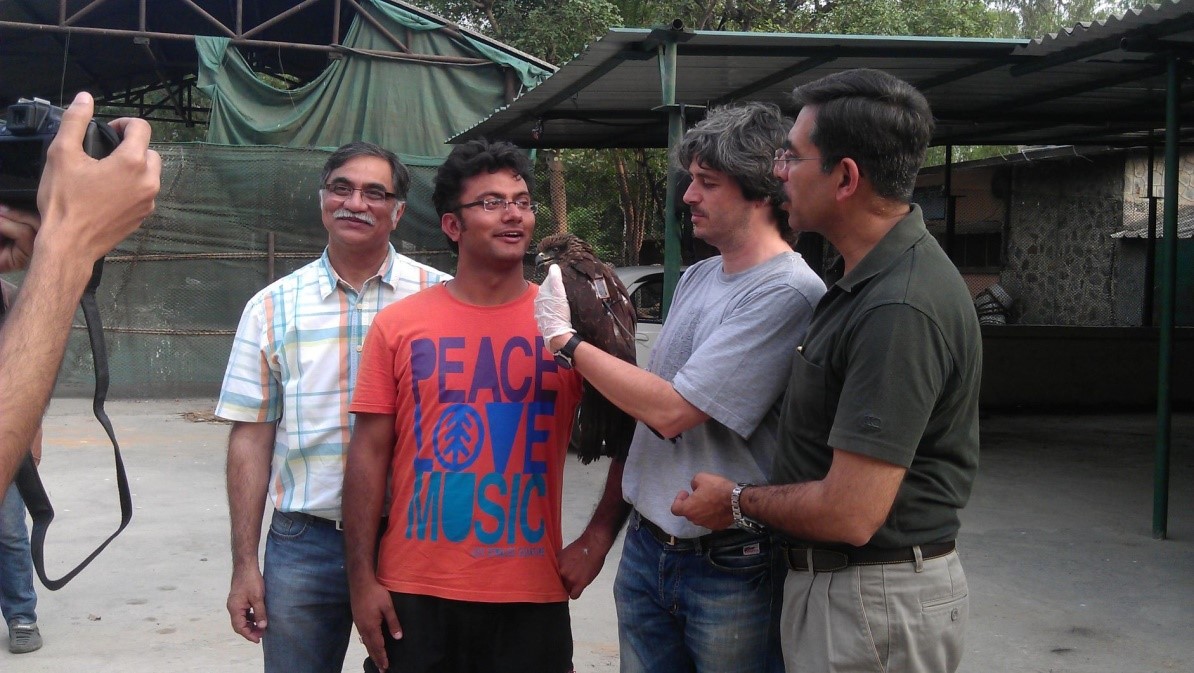
CSIR signs MoU For Upgradation of Advanced Technologies
- News
- 1.1K
A Memorandum of Understanding (MoU) was signed by the Centre for Development of Advanced Computing (C-DAC), an Autonomous Scientific Society of the Ministry of Electronics and Information Technology (MeitY) and Council of Scientific and Industrial Research (CSIR). The MoU is for pursuing cooperation related to upgradation and modernization of the CSIR-TKDL Traditional Knowledge Digital Library, Information and Communication Technologies (ICT) and allied platform(s), including advanced technologies such as Big Data Analytics, Artificial Intelligence, mobile applications, Information Processing Tools, Techniques and Language Technology Standardization covering both Indian and foreign languages.
Through this cooperation, CSIR and C-DAC shall jointly work towards updating and modernizing the CSIR-TKDL ICT infrastructure to align with the demands of the time, while also looking towards positioning the TKDL for easy adaptation to emerging and futuristic technologies. It is an initiative of India to prevent misappropriation of the country’s traditional medicinal knowledge at International Patent Offices.
CSIR jointly with the Department of AYUSH in 2001, developed the Traditional Knowledge Digital Library (TKDL), an internationally recognized proprietary database on Indian traditional knowledge for preventing bio-piracy and misappropriation. The TKDL contains in a digitized format, information from books related to Indian systems of medicine and health – Ayurveda, Unani, Siddha, Yoga and Sowa Rigpa available in public domain, and is available in five international languages (English, French, German, Spanish and Japanese).
The TKDL is a global first and has been serving effectively as a prior art database of traditional knowledge for preventing the wrongful grant of patents related to traditional knowledge. In 2005, the TKDL expert group estimated that about 2000 wrong patents concerning Indian systems of medicine were being granted every year at international level, mainly due to the fact that India’s traditional medicinal knowledge which exists in local languages such as Sanskrit, Hindi, Arabic, Urdu, Tamil, etc. is neither accessible nor comprehensible for patent examiners at the international patent offices.
It is a collaborative project between CSIR, Ministry of Science and Technology and Department of Ayurveda, Yoga & Naturopathy, Unani, Siddha and Homoeopathy (AYUSH), Ministry of Health and Family Welfare.
The MoU was signed by Col. A.K. Nath (Retd), Executive Director (Corporate Strategy), C-DAC and Dr. Viswajanani J Sattigeri, Scientist-H and Head, CSIR-Traditional Knowledge Digital Library (CSIR-TKDL) Unit in the presence of senior officials from both the organizations. (ISW)
If you liked this article, then please subscribe to our YouTube Channel for the latest Science & Tech news. You can also find us on Twitter & Facebook.


